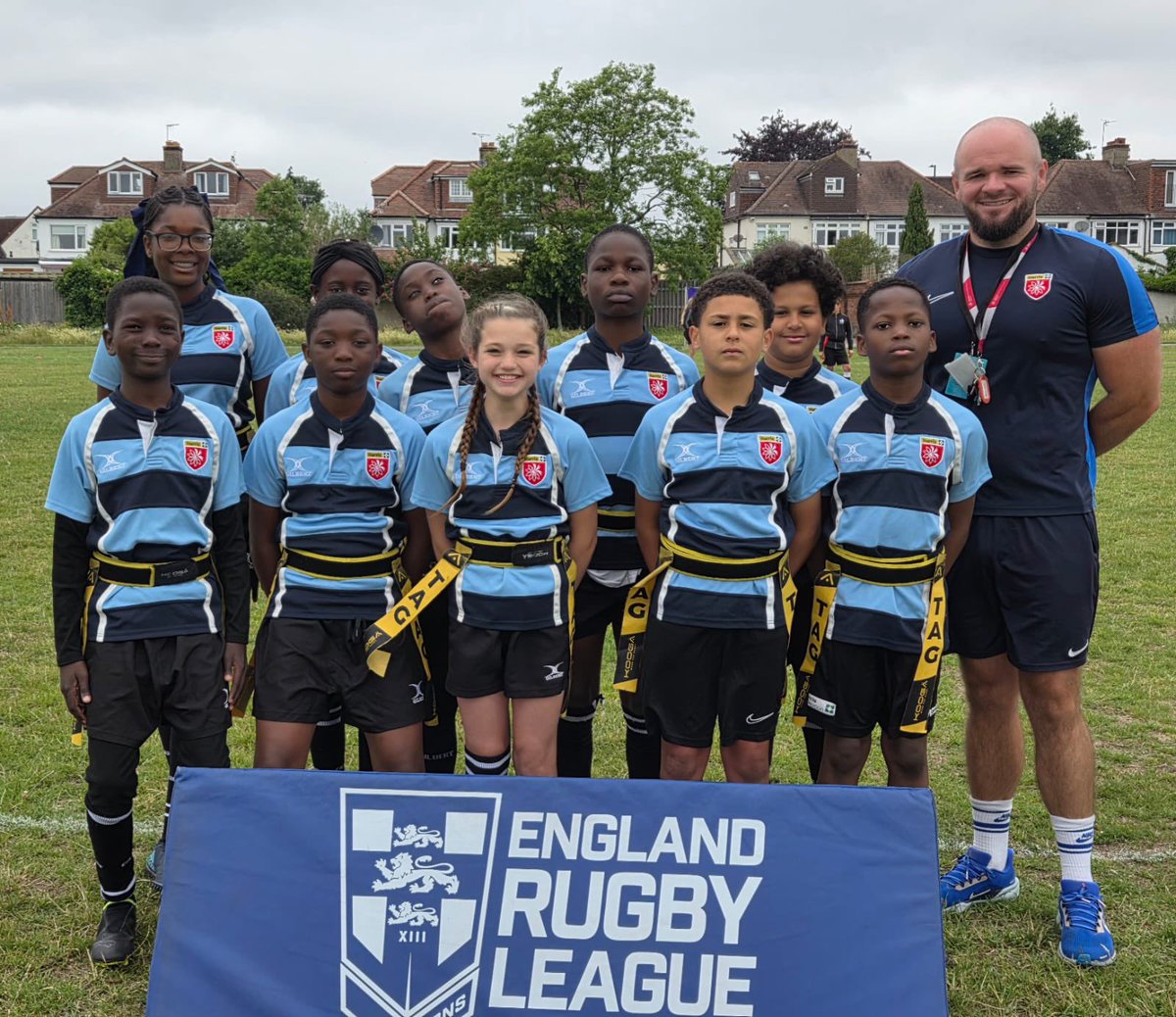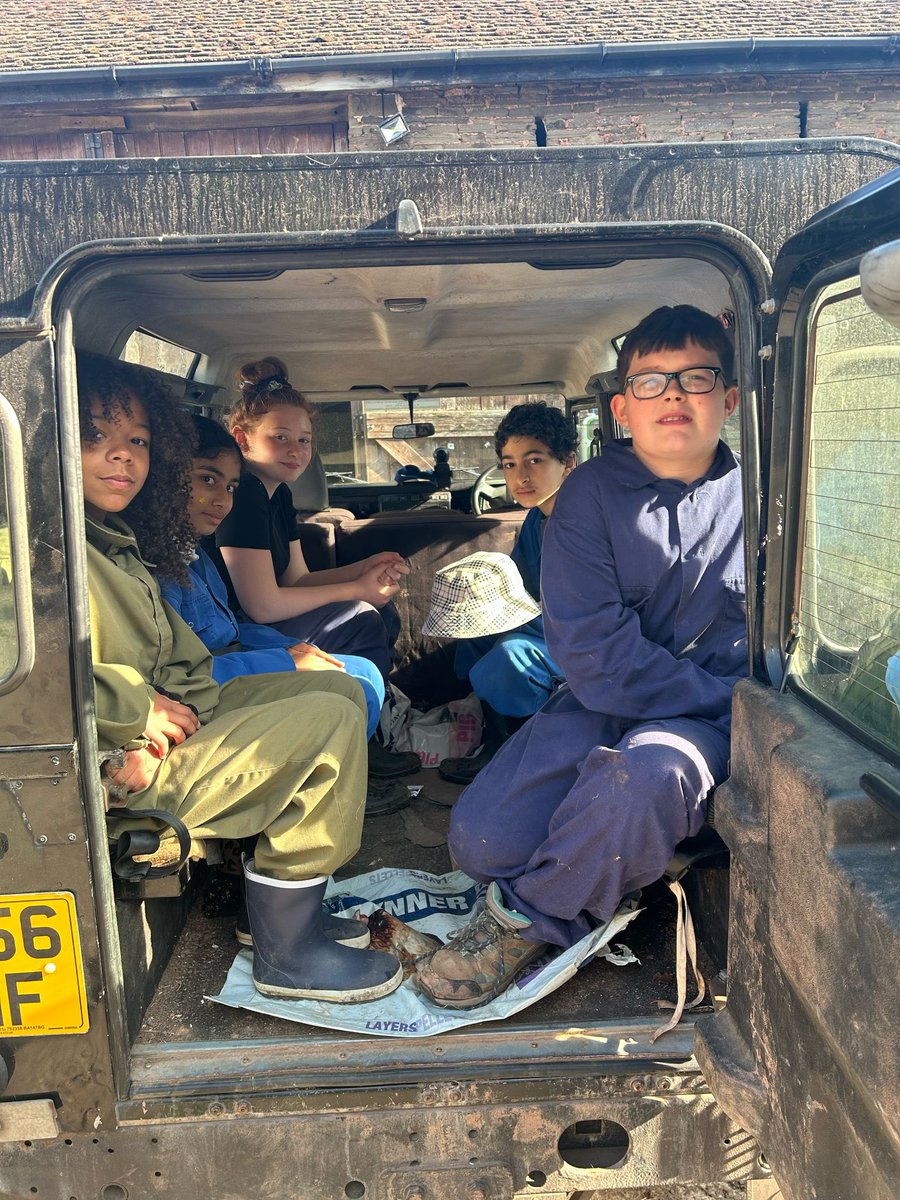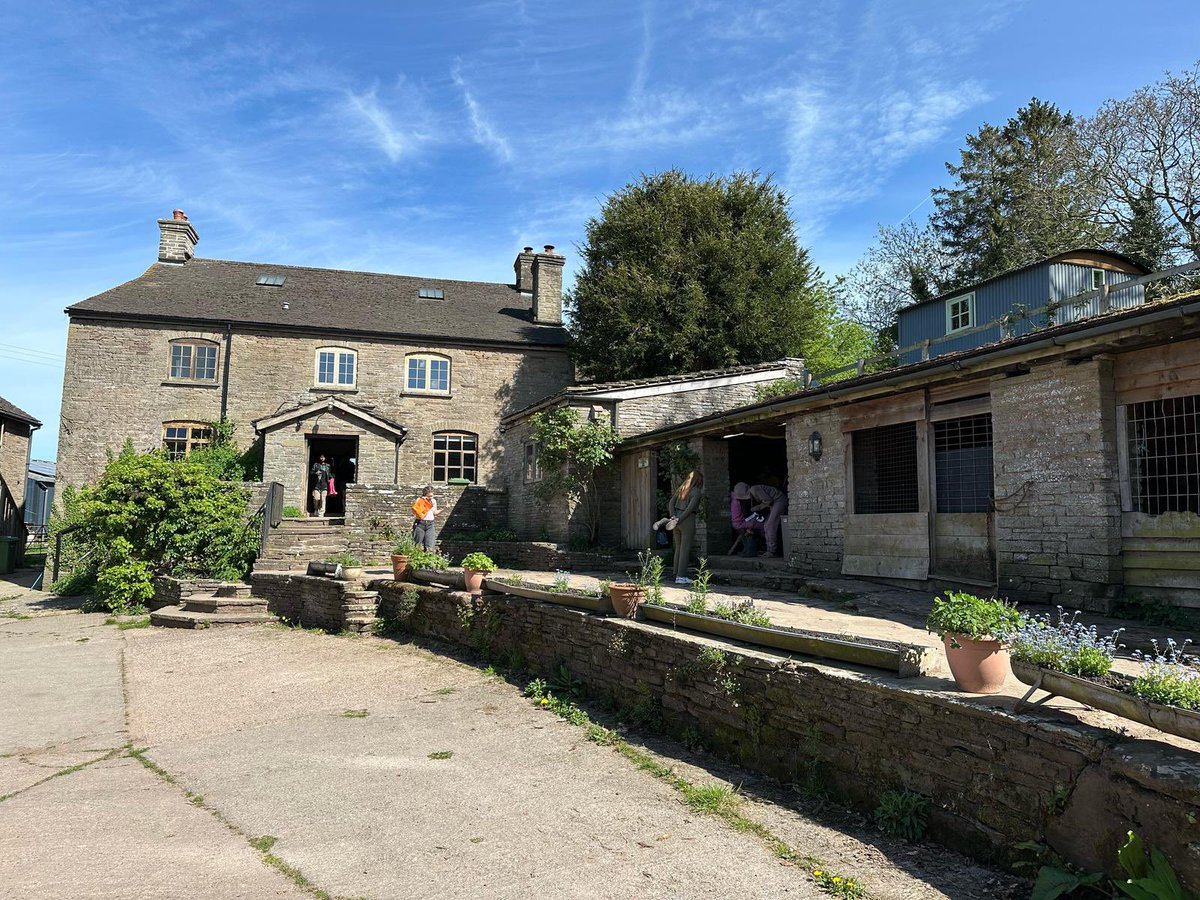Our Literacy Vision
“Acquiring literacy is an empowering process, enabling all to enjoy access to knowledge and information which broadens horizons, increases opportunities and creates alternatives for building a better life.” Secretary General of the United Nations and Nobel Peace prize winner Kofi Annan.
“Literacy enables children to not only learn across the entire national curriculum but also to access all aspects of daily life, influencing the opportunities that they have available to them in the future.” Education Endowment Foundation EEF.
HGA recognises that learning to master literacy skills belongs no more as the responsibility of the English teacher, as it does to the PE, History, DT, Maths, RE etc teachers. Guiding our children to have a firm grasp on understanding literacy, sits with us all.
Literacy is human communication, the ability to read, write and speak articulately across the curriculum. The aim of our Whole-School Literacy approach at HGA is to raise literacy attainment at every level of ability. The inclusion of literacy in every lesson considers our student’s cognitive load. Class content aims to be remembered in detail; to be stored in our students’ long-term memories so that they can later build on it, forming ever wider and deeper schema, extending the ability to focus and think.
The importance of reading
Your child has login details for three fabulous reading resources:
Bedrock - click HERE to log on
Myon - click HERE to log on
Accelerated Reader - click HERE to log on
At HGA, we recognise that confidence and fluency in reading are key skills for our students’ greater life chances. We are passionate about generating a love of reading and helping our young people grow in comprehension ability. This academic year we have invested in this being our greatest offer of reading resources and opportunities.
We sometimes see a drop of interest in reading during the primary to secondary transition and we need our students and parents to know that reading doesn’t stop once decoding is mastered and now it is time to read with greater depth in comprehension, as the curriculum demands this of our young people. It is vital that students continue to read at home for the duration of their secondary school career, and we want to encourage parents and carers to play a significant part in developing the habit of reading in all our children.
The below offers information and advice to support you in this.
How parents can help
How long should my child be reading for and how regularly?
Students should aim to read for at least 15 minutes per day. They are given chances to read in school in tutor time and across the wider curriculum. Students can access the library at break and lunchtimes and before and after school to read and borrow books.
How can I help my child develop the habit of reading?
- Let them read to you or read together by alternating pages/paragraphs.
- Read the same book as they are, so that you can talk to them about things that happen in it and discuss interesting issues that come up.
- Encourage them to read to their younger siblings or family pet.
- Treat them to a book every month/half term. Perhaps take them to a bookshop or charity shop or let them browse for books online and let them choose one. Maybe they prefer magazines, graphic novels, autobiographies etc.
- Accelerated Reader is a bought into reading tool, where we can assess a student's reading ability and comprehension skills. It is also a place where they can take multiple book quizzes at home. Each time they submit a quiz, students gain ‘word-count’ scores which are entered into prize draws to win £100s of WH Smith vouchers!
- Use MyOn at home, which is a school bought e-library with thousands of book titles to choose from.
- Make sure they have joined the new local library The Nest in Thamesmead, so that they can borrow books both electronically and in hard copy. link The London Borough of Bexley Libraries.
- Encourage them to listen to audiobooks or use the ‘read to me’ function on myON.
- Use the following link to access age appropriate book suggestions.
- Use the following link to find books that are similar to other books that they have enjoyed:
Secondary phase writing offer
Staff include pre-reading into the medium-term plans which support the lead up towards and feeds into complex writing tasks. Students are given guidance to be able to link what they have read and apply it to what they will write.
Key questions are planned into lessons to direct thinking towards the quality writing they are expected to produce. Students are given reflection and talk time to plan what they will write. They are offered quality models of how to achieve – with examples of what standards of writing to aspire to. Teachers show students examples of good to outstanding writing performances from past students.
Following initial writing tasks, students are taught the skills to edit and improve and given time to rewrite using success criteria guidelines on how to produce quality writing to their own best standard in every subject. Taking ownership and a sense of pride in writing for real audiences, improving their writing ability and techniques throughout the year. MTPs include dedicated lessons on how to apply language and vocabulary subject specific. Where writing techniques are taught exclusively by the English department, it remains with ALL departments to uphold the expectation of sentence structure, grammar, spelling and presentation standards.
HGA students will be held accountable for the repetition of mistakes that have been corrected. Their written book entries will clearly demonstrate progress page after page; where their last entry improves on their previous entry. This will be achieved in the following way:
Teacher’s will smart mark – for example, if they have picked up that the student is not using capital letters for proper nouns, the expectation is that this mistake ceases at this correction point. A teacher should not overlook the child continuing to make repeated inaccuracies they have already picked up on. Practice does not make perfect, practice makes permanent and continued errors through habit are not accepted.
Teacher’s will be aware of their students’ written performance capabilities and hold that standard of expectation. The student will take pride in their books and in their own notable progress in quality written pieces as the book evolves over the year. Book standards form part of writing pride and achievement.
At HGA we have zero tolerance for damage and defacing of books in the same way we would any school property. Just as uniform presentation makes us feel our best, as does book presentation make us produce our best. Children are reminded to check previous teaching corrections and be mindful not to repeat errors going forward. Children are encouraged to continually improve on last entries in the following ways: greater amount of written word, improved quality of content, neater presentation, less errors, terminology used, a more mature written content, greater sophistication of sentences used.
Leaders will regularly quality assure that teaching and learning practices hold the highest writing standards across all departments. That writing structure, sentence formations, spelling and neatness do not slip in standard from teacher to teacher, lesson to lesson.
All students will produce a written piece of work at the start of the year in each subject called a cold task – which will provide an entry level piece to build progress upon. Whilst the HGA educators understand writing formation habits are formed by a child’s transition into Key Stage 3, we also believe in their continued ability to improvement and bad habits can be undone. Like all features of what makes literacy mankind's greatest invention, human communication has to be accessible for others to understand. In other words in order for the reader to understand the writer, the writer needs to consider their presentation in the best interest of communication. Even in our ever evolving world or technology, handwriting will always be considered as a literacy skill.
Secondary phase reading offer
Reading materials from extracts to books are selected meticulously to ensure the highest quality authors to learn from. Departments choose academic texts together and take into consideration collective national opinion on successful reading selections.
Students are not expected to digest material unaided. They are led to analysing and comprehending content through a series of teacher led reading and reflective discussion (see oracy offer).
HGA offer an intensive reading intervention program should students at Harris Garrard have fallen below their reading age. This may have occurred for a multitude of reasons and can be remedied with the offer of frequent exposure to reading to close standardised gaps. This need is met from entry point assessed by NGRT with immediate effect as soon as identified our children are placed in reading groups with trained staff where accelerated progress will occur. A further diagnostic tool is taken from LUCID EXACT to give greater detail about our students reading speed, accuracy, word recognition, comprehension level and decoding skills. This forms a picture for the SEN team to further assist with groups who present a more significant need (see literacy sen offer).
At HGA students are guided to nurture a love and respect of reading, both academic non-fiction material and fiction. We celebrate most improved, greatest engagement, most borrowed books, most books quizzed on and many other forms of acknowledged reading participation. Harris news gives praise to all areas of recognised desirable reading behaviours.
HGA host an up to date resourceful, well-run library that offers all students a calm environment to read for pleasure or study. The library has a rich catalogue of reading material of all genres for all tastes. We stock the library throughout the year from the latest celebrated teen authors and student requests. The library is open to serve the students from 07:30 util 16:00 every day. Children have reliable systems that they can tap in to, that will assist them with making appropriate choices and adopting the stickabilty factor.
Students are offered the opportunity to build community relationships across key stages through reading. Trained six form students are matched with lower reluctant readers to build and establish a love of reading and share a whole novel together.
In-class reading is teacher led. HGA students will never have the fear that they will suddenly be asked to read out loud publicly. Students are expected to follow along reading in their head as teacher reads. Research shows that this is the most powerful method to explicitly deliver new content, whilst also ensuring comprehension of the text has a greater chance to be secure.
HGA students also have a bought into e-library called MyON which hosts a vast catalogue of non-fiction and fiction reading material to enjoy and learn from in the comfort of their own home. (See our extra-curricular offer).

Secondary phase oracy offer
At HGA we consider the mastery of articulation a fundamental life skill. Studies show that good oracy skills help students with their cognition (learning and understanding) and with metacognition, i.e. it helps students to learn how they learn and how to think. Strong oracy skills are also vital for success beyond school, at college or university and in the workplace. Research tells us that children are at a disadvantage through lack of talk. Good oracy skills can help our students in every single subject that they learn in school. It enables them to express their thoughts and opinions about what they're learning and interact with others thoughtfully and productively, whilst also processing information and sending it to long term memory for a deeper understanding of the topics they explore through spoken word. We nurture that ‘ways of talking’ links directly to ‘ways of thinking’.
HGA lesson plans include opportunities for students to talk in the classroom setting in a structured manner. Our MTP also incorporate opportunities for our children to present their ideas and understanding. Mastering oracy hosts several techniques to consider for it to be useful and successful in nature. These techniques include the following strategies; play a crucial role as a respectful active listener, not overtalking each other, making fearless and considered verbal contributions to discussions, following on-task teacher instruction, using subject specific key words, phrases and terminology. The physical features of successful articulation are just as valuable; voice projection, no hands near mouth, chin up, not talking to the floor, not using one word answers. We have adopted the catch phrase ‘say it again, say it better..’ to encourage our students to think about the execution of offering quality answers in developing their ideas.
The culture of the classroom for discussion and partner talk tasks, is one that teacher manages following clear guidelines. All students are expected to partake with valid, meaningful verbal contributions. They are to stay on task, not to make any attempts to derail and overbear discussion, to take turns, to actively listen, to be respectful of speakers and speaker’s opinions and answers, to be patient whilst speaker rewords and to build on each other’s spoken ideas. Teachers demonstrate a strong understanding of what constitutes good oracy and is intentional in their teaching to govern articulation progress. Teachers offer ‘articulate prompts’ which give students the scaffolding of sentences to prepare how to start, how to build, how to elaborate, how to challenge and how to conclude.
To support ‘speaking like a specialist’, we ensure that our students have access to a word-rich curriculum. This is presented to our students in their learning environment on working walls, in their exercise books and on their daily lesson slides. Our students are given vocabulary building opportunities in every lesson. Tutor time presents them with morphology roots to equip our students with the tools to break down more complex word meanings. 
Secondary phase literacy extra curricular offer
 Bedrock
Bedrock
Proven to have a statistically significant impact on learners’ vocabulary, the intent of Bedrock Learning’s curriculum is to improve the elements of language that are so crucial to reading comprehension and communication across the curriculum.
To ensure mastery of literacy, Bedrock is based on an ‘assess - teach - reteach’ learning algorithm.
Bedrock’s Core Curriculum explicitly teaches Tier 2 vocabulary and curriculum-aligned grammar content through a range of fiction and nonfiction texts. The curriculum is personalised for each learner.
- Vocabulary and Grammar are learned best in the context of rich, authentic texts.
- The range of texts on the Bedrock platform makes sure that learners are regularly reading fiction and non-fiction and also growing their cultural capital from the wide selection of topics on offer.
- Multimodal learning sequences are designed following research and best practice in vocabulary and grammar teaching.
 MyON
MyON
Renaissance myON® Reader is a student-centred, personalized e-literacy platform that gives students access to more than 10,000 enhanced digital books from the comfort of their own homes on any device. Titles are dynamically matched to each individual student's interests, year group and reading level. Enabling anytime, anywhere access to digital books and articles that students can read, rate, review, and share with classmates through a safe online teacher monitored learning environment. Alongside thousands of novels to read for pleasure, MyON allows students to develop their speaking, reading, writing and comprehension skills on non-fiction. Teachers can guide students through topical texts and assign further reading to boost each student's understanding of the topic. MyON helps to initiate discussions and reinforce vocabulary.
 Accelerated Reader
Accelerated Reader
Accelerated Reader puts students in the driver’s seat with their ownership of reading habits. With engaging quizzes and activities that help hone students’ reading skills with authentic practice which encourages growth. Personalised goals help students stay focused on the factors that matter most and help them monitor their own progress which gives feedback to keep learners on track. Individual reading recommendations use students’ interests and reading levels to suggest ‘just-right’ titles, or students can self-select from over 220,000 choices. Just reading because they are instructed to, transforms into high-quality reading practice that fuels growth through their own choice as a love for reading ignites. Reading quizzes monitor comprehension, whilst literacy skills and vocabulary quizzes extend our students learning and builds literacy skill mastery.
Other literacy-rich extra-curricular clubs
Examples of other extra-curricular literacy rich clubs we offer at HGA are:
- Debate mate (our students are presented with hypothetical and realistic scenarios to discuss the fors and against about).
- Karaoke club (our students aren’t even aware that they are developing their fluency in reading ability as they sing along to words in time).
- Philosophy (our students think and discuss their way around their own ideas of right and wrong and truth).
- Library homework club (our students are invited and encouraged to complete homework on computers and at collaborative tables in the library before school 07:30, after school until 16:30 and during break and lunch, with staff on hand to assist).
- Reading competitions (our students enjoy taking part in our whole school competitions, such as ‘Mystery Reader’, joining the local community library to be entered into a draw, book quizzes, readathons, the 16 by 16 challenge – 16 top choice books by age 16, the 4 by 4 challenge – if a student is not settling on a book choice, we guide them to choose from 4 titles and read to chapter 4, which gives them a better chance of committing to a novel and becoming a reader, in-class competitions such as most words read, most improved reader, most books quiz on and all to win fantastic reading associated prizes.























